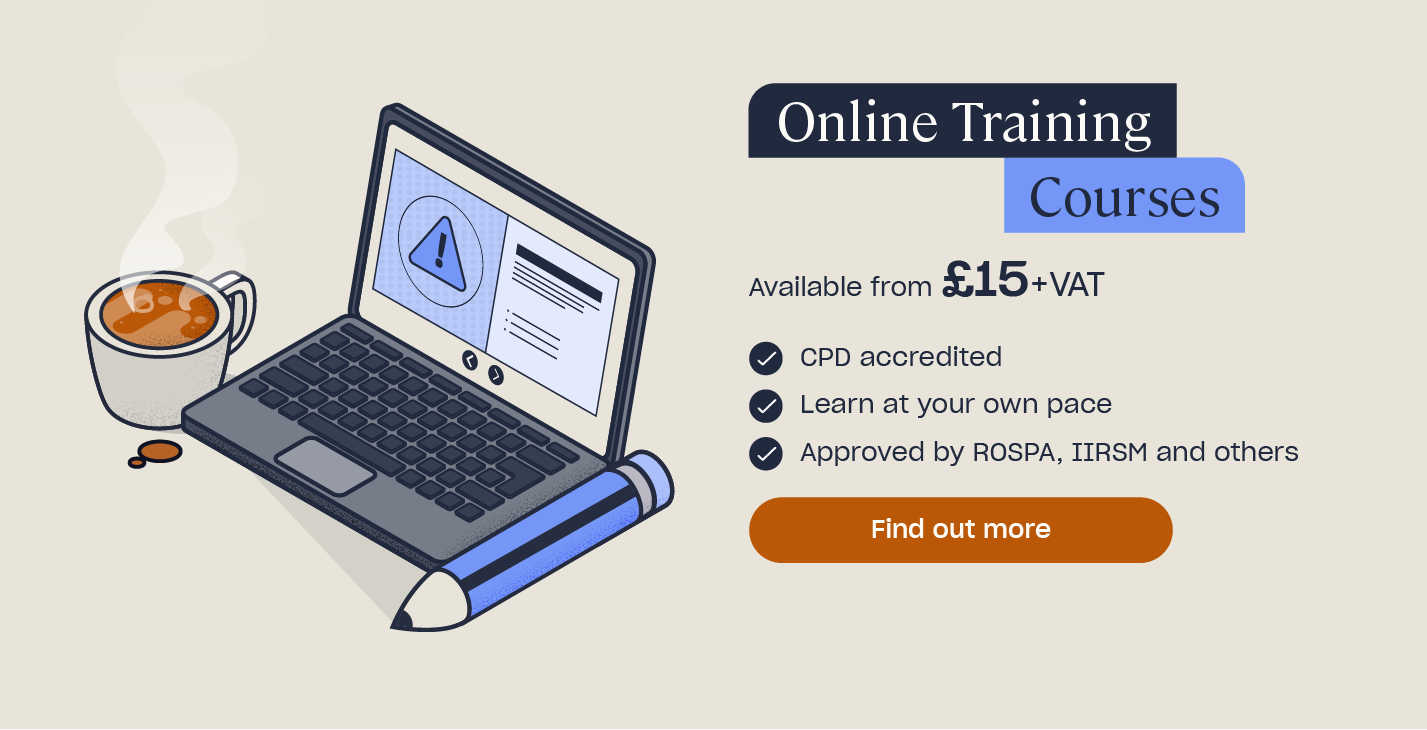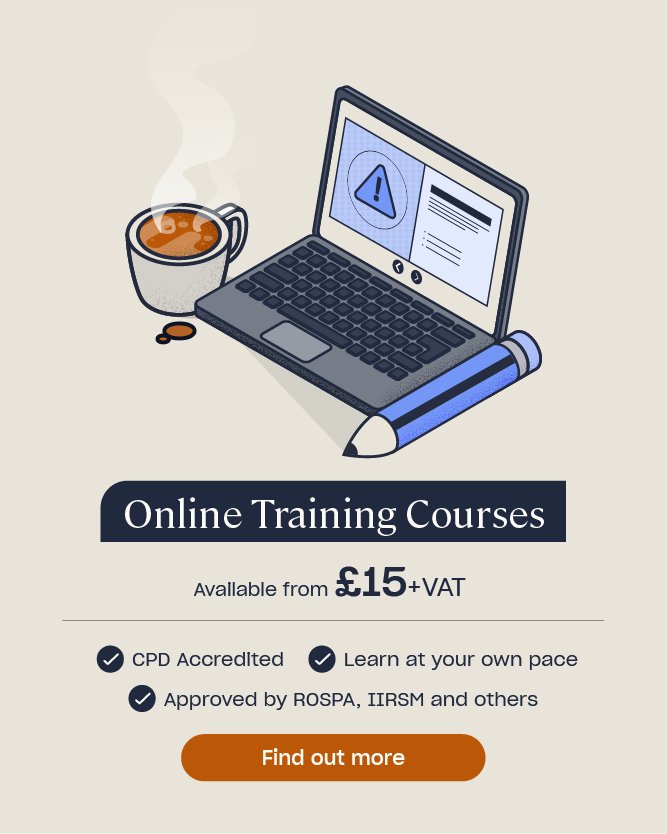10 Employability Skills Employers Look For
If you’re currently seeking employment, whether you’re starting out in your career, looking to switch job roles or are getting back into the workplace after time away, then increasing your employability is essential. Identifying your employability skills will help you to stand out in a crowded job market and enable you to gain and maintain employment. In this article, we’ll explain what employability means and why employability skills are so important, plus outline the top 10 employability skills employers look for when hiring for a role.
What Does Employability Mean?
Employability refers to your personal attributes, skills and knowledge that enable you to find, gain and maintain a job. Employability skills are essential life skills that make you a desirable employee for any organisation, irrespective of any previous training or work experience, and are usually developed over time.

Your employability skills are based around your personal qualities and abilities and help you to thrive in any type of workplace, as they are usable in any job role, in any industry, and don’t apply to a specific career path. They’re particularly useful if you’re unsure of what role you want and are currently looking at switching careers or trying to find the right career for you.
Employability skills can also be known as transferable skills, soft skills, enterprise skills, workplace skills or job-readiness skills.
Why is Employability Important?
Employability skills are important because they’re what employers look for when inviting people for job interviews. They can help you stand out from the crowd when applying for a role and show that you’re a capable, well-rounded person.
Employability is important because it shows you’re:
- Ready to work.
- Able to contribute towards an organisation’s success.
- Able to fit in with an organisation’s culture.
- A confident team player.
- Versatile, competent and suitable for the role.

Examples of Employability Skills
Everyone has a variety of employability skills that they can bring to a job role. Below are examples of 10 employability skills employers look for:
- Communication skills – communication skills involve both verbal and written communication, such as writing emails, letters and documents, using body language effectively, speaking clearly and competently, doing presentations, putting forward ideas, being assertive, active listening and understanding instructions.
- Initiative – initiative means being able to take on tasks without being prompted, take ownership, work independently and proactively, problem-solve to find solutions and motivate yourself to progress towards your goals.
- Leadership skills – leadership skills relate to how you manage yourself, your workload and other people. It means being able to delegate tasks, motivate others, provide feedback, make decisions, analyse information, set strategies and monitor results. Leadership skills aren’t just for management roles and can indicate how well you might progress within a career.
- Teamwork – collaborative working within a team and across departments is an essential component of most job roles. This includes being able to share ideas, provide feedback, contribute effectively, compromise where necessary, share solutions and work well with others. You’ll need to be able to work amicably with all types of people from different backgrounds and listen well to others.
- Adaptability – adaptability means being flexible and adjustable to different ideas, solutions, voices and situations. You’re able to adapt to change, problem-solve and think outside the box at short notice and are willing to adapt to the change, rather than be resistant.

- Resilience – resilient workers can bounce back from any challenges they face, can handle high-pressure environments and can stay calm to meet objectives. Resilience shows that you’re a reliable, trustworthy and dependable employee.
- Strong work ethic – this means being positive about work, having a can-do attitude and a willingness to commit to hard work. Workers with a strong work ethic are highly desirable as they are professional, punctual, dedicated, keen to learn and always looking for solutions and opportunities.
- Emotional intelligence – this means having an awareness of your emotions and how you react to situations, and shows that you recognise how to keep your emotions under control in order to maintain a positive, respectful workplace. It also means recognising and understanding the emotions of others in order to interact better, be more empathetic and increase motivation.
- Critical thinking – critical thinkers are able to think clearly, assess information accurately, analyse data from different sources and come to well-thought-out conclusions. They are also strategic thinkers and use logic to solve problems and identify opportunities.
- Digital literacy – this means having a basic knowledge of how computers, software and handheld devices are operated, including applications like Microsoft Office, Excel, Google and Adobe. A digitally literate employee can use email, video and online tools with confidence and recognises the importance of data protection and cyber security.
How to Enhance Employability Skills
Everyone has transferable skills and anyone can work to enhance their employability. Often, the hardest part is identifying what your employability skills are so that you can list them on your CV and impress future employers with your knowledge and abilities.
To start with, think carefully about your personality traits, what you’re good at, and what makes you unique, and use this to come up with your own list of employability skills. For inspiration, take a look at the top 10 employability skills employers look for listed above or visit our articles on How to Upskill Yourself and Skills for the Future of Work.

Once you’ve got your own list of employability skills, update your CV by naming these skills, providing examples of times when you’ve used them and explaining how your skills are transferable and can benefit the organisation and job role you’re applying for. The STAR method is a great way to do this if you’re unsure of where to start.
Some further ideas to enhance employability include:
- Create a personal development plan to identify skills you want to develop.
- Find opportunities to do some work experience or volunteering.
- Take part in a sports team, exercise class or other group activity.
- Find a community group and become an active member.
- Do a challenge or something new outside of your comfort zone.
- Take an online training course to learn a new skill, obtain a certificate and update your CV. Try a course in Time Management, Microsoft Excel or Confidence Building.
Employability skills are essential for securing and maintaining a job, as they demonstrate your ability to contribute effectively in any type of workplace. Employers value skills such as communication, teamwork, leadership, adaptability, resilience and digital literacy when hiring candidates, so ensure that your CV is up-to-date in order to enhance your employability.
Further Resources:
- Online Training Courses
- What are Personal Development Goals for Work?
- Time Management Matrix: Free Template







